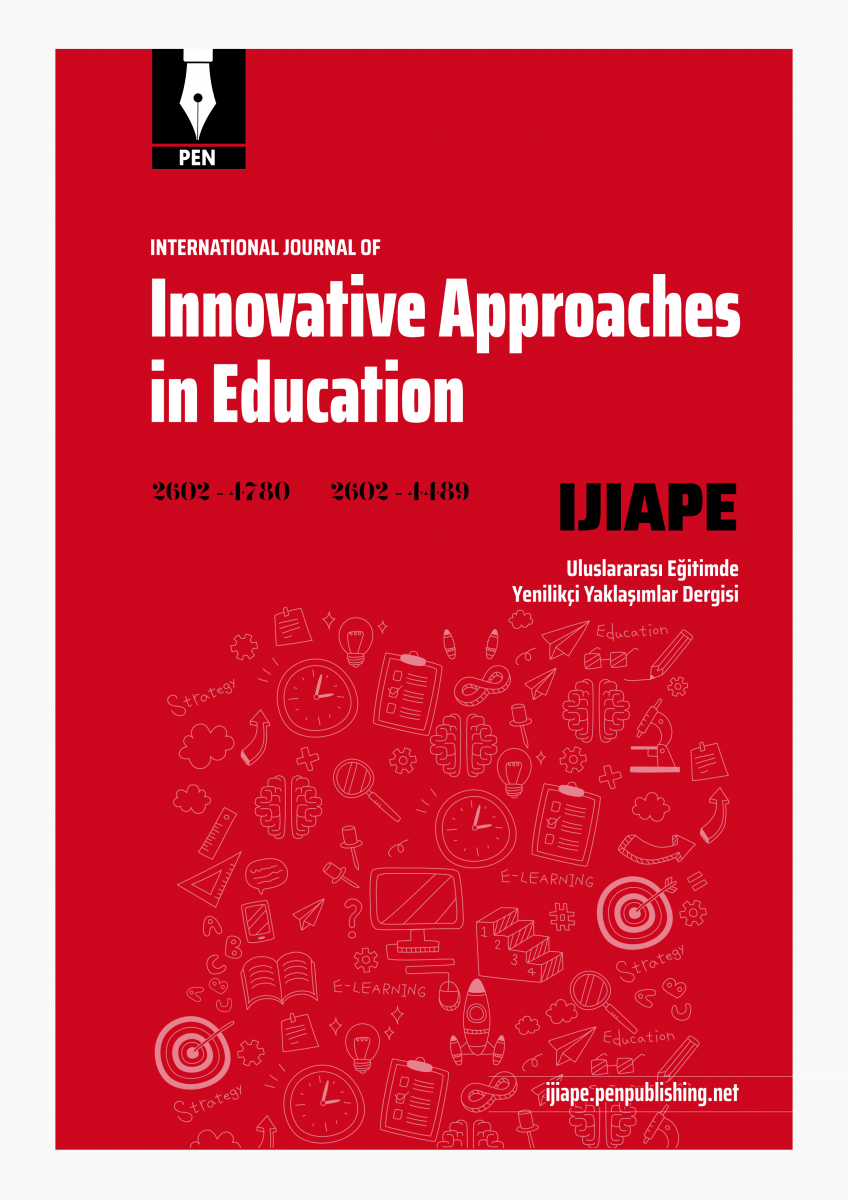- Akçabozan, N. B., & Sümer, Z. H. (2016). Adler yaklaşımında aile danışmanlığı [Family counseling in the Adler approach]. Turkish Psychological Counseling and Guidance Journal, 6(46), 87-101. [Google Scholar]
- Adler, A. (1964). Problems of neurosis. Harper and Row. [Google Scholar]
- Adler, A. (1985). Yaşamın anlam ve amacı [The meaning and purpose of life]. (K. Sipal, Çev.). Say Yayınları. [Google Scholar]
- Akdoğan, R. (2012). Adleryen yaklaşıma dayalı grupla psikolojik danışmanın üniversite öğrencilerinin yetersizlik duygusu ve psikolojik belirti düzeylerine etkisi [The effect of Adlerian group counseling on inferiority feeling and psychological symptoms levels of university students] (Yayımlanmamış doktora tezi). Anadolu Üniversitesi. [Google Scholar]
- Allen, T. W. (1972). Adlerian interview strategies for behavior change. The Counseling Psychologist, 3(1), 40-48. [Google Scholar]
- Altıntaş, E. (1992). Alfred Adler ve bireysel psikolojisi [Alfred Adler and his individual psychology]. Uludağ Üniversitesi Eğitim Fakültesi Dergisi, 7(1), 49-57. [Google Scholar]
- Bitter, J. R., & Griffith, J. (2019). Adler's "The fundamental views of Individual Psychology": Context, clarification, and expansion. The Journal of Individual Psychology, 75(3), 195-204. [Google Scholar]
- Bluvshtein, M., Filatov, F., Kajino, M., & Jackson, A. (2019). Social interest as an antidote to suicide: the cross-cultural applicability of an Adlerian solution. SHS Web of Conferences, 70, https://doi.org/10.1051/shsconf/20197009002 [Google Scholar] [Crossref]
- Busari, A. O. (2016). Academic stress and internet addiction among adolescents: Solution focused social interest programme as treatment option. Journal of Mental Disorders and Treatment, 2(2), doi: 10.4172/2471-271X.1000114. [Google Scholar] [Crossref]
- Can, V. (2019). Adlerian yaklaşıma dayalı tükenmişlik ile başa çıkabilme grupla psikolojik danışma programının öğrencilerin tükenmişliğine etkisi [Coping with burnout based on the Adlerian approach The effect of the group psychological counseling program on students' burnout] (Yayımlanmamış yüksek lisans tezi). Doğu Akdeniz Üniversitesi-Eastern Mediterranean University. [Google Scholar]
- Caprara, G. V., Alessandri, G., & Eisenberg, N. (2012). Prosociality: The contribution of traits, values, and self-efficacy beliefs. Journal of Personality and Social Psychology, 102, 1289- 1303. [Google Scholar]
- Capuzzi, D., & Gross, D. R. (Ed.). (2014). Counseling and psychotherapy: Theories and interventions. John Wiley & Sons. [Google Scholar]
- Chamarro, A., & Oberst, U. (2012). Emotional intelligence and social interest: Are they related constructs?. Aloma: Revista De Psicologia, Ciències De L'educació İ De L'esport Blanquerna, 30(1), 159- 166. [Google Scholar]
- Corey, G. (2017). Theory and practice of counseling and psychotherapy. Boston MA; Cengage Learning. [Google Scholar]
- Fırıncıoğlu, H. (2005). Adlerian odaklı grupla psikolojik danışmanın öğrencilerin sosyal yetkinlik beklenti düzeyleri üzerindeki etkisine yönelik deneysel bir çalışma [An experimental study on the effect of psychological counseling with an Adlerian-oriented group on students' social competence expectation levels] (Yayımlanmamış yüksek lisans tezi). Mersin Üniversitesi. [Google Scholar]
- Fung, T. Y., & Webster, R. (2018). Perceived social support, social interest, and mental health: Testing a mediator model. The Journal of Individual Psychology, 74(2), 157-171. [Google Scholar]
- Hatipoğlu- Sümer, Z., & Rasmussen, P. R. (2012). Individual Psychology in Turkey. Journal of Individual Psychology, 68(4). [Google Scholar]
- Karahan, T. F., & Sardoğan, M. E. (2012). Psikolojik danışma ve psikoterapide kuramlar [Theories in psychological counseling and psychotherapy]. Nobel Yayınevi. [Google Scholar]
- Kottman, T. (2001). Adlerian play therapy. International journal of play therapy, 10(2), 1. [Google Scholar]
- Kottman, T., & Meany-Walen, K. (2016). Partners in play: An Adlerian approach to play therapy. John Wiley & Sons. [Google Scholar]
- Millor, M.J., Denton, G.O., & Tobacyk, J. (1986). Social interest and feelings of hopelessness among elderly patients. Psychological Reports, 58, 410. [Google Scholar]
- Mooney, S. (1995). Parent training: A review of Adlerian, parent effectiveness training, and behavioral research. The Family Journal, 3(3), 218-230. [Google Scholar]
- Mozdzierz, G. J., Greenblatt, R.L., & Murphy, T.J. (1986). Social interest: the validity of two scales. Journal of Individual Psychology, 42, 35-43. [Google Scholar]
- Nikelly, A.G. (2005). Positive health outcomes of social interest. Journal of Individual Psychology, 61, 329-342. [Google Scholar]
- Oberst, U. (2009). Educating for social responsibility. The Journal of Individual Psychology, 65(4), 397-411. [Google Scholar]
- Oberst, U., & Stewart, A. E. (2005). Social interest: Adlerian Psychology in the context of constructivist and humanistic theories. Il Sagittario, 18, 93-104. [Google Scholar]
- Prinz, J., & Arkin, S. (1994). Adlerian group therapy with substance abusers. Individual Psychology: Journal of Adlerian Theory, Research & Practice, 50(3), 349–358. [Google Scholar]
- [Google Scholar]
- Qu, X. (2022). Adlerian identity development from a Classical Adlerian perspective. The Journal of Individual Psychology, 78(1), 145-151. [Google Scholar]
- Rareshide, M., & Kern, R. (1991). Social interest: the haves and have nots. Individual psychology, 47, 464- 476. [Google Scholar]
- Rasmussen, P. R. (2010). The quest to feel good. NY: Routledge. [Google Scholar]
- Schultz, D. P., & Schultz, S. E. (2007). Modern psikoloji tarihi [History of modern sychology]. Kaknüs Yayınevi. [Google Scholar]
- Sweeney, T. J. (2009). Adlerian counseling and psychotherapy: A practitioner’s approach (5th ed.). New York, NY: Routledge. [Google Scholar]
- Yörükoğlu, A. (2003). Çocuk ruh sağlığı [Child mental health]. Özgür Yayınları. [Google Scholar]
|

